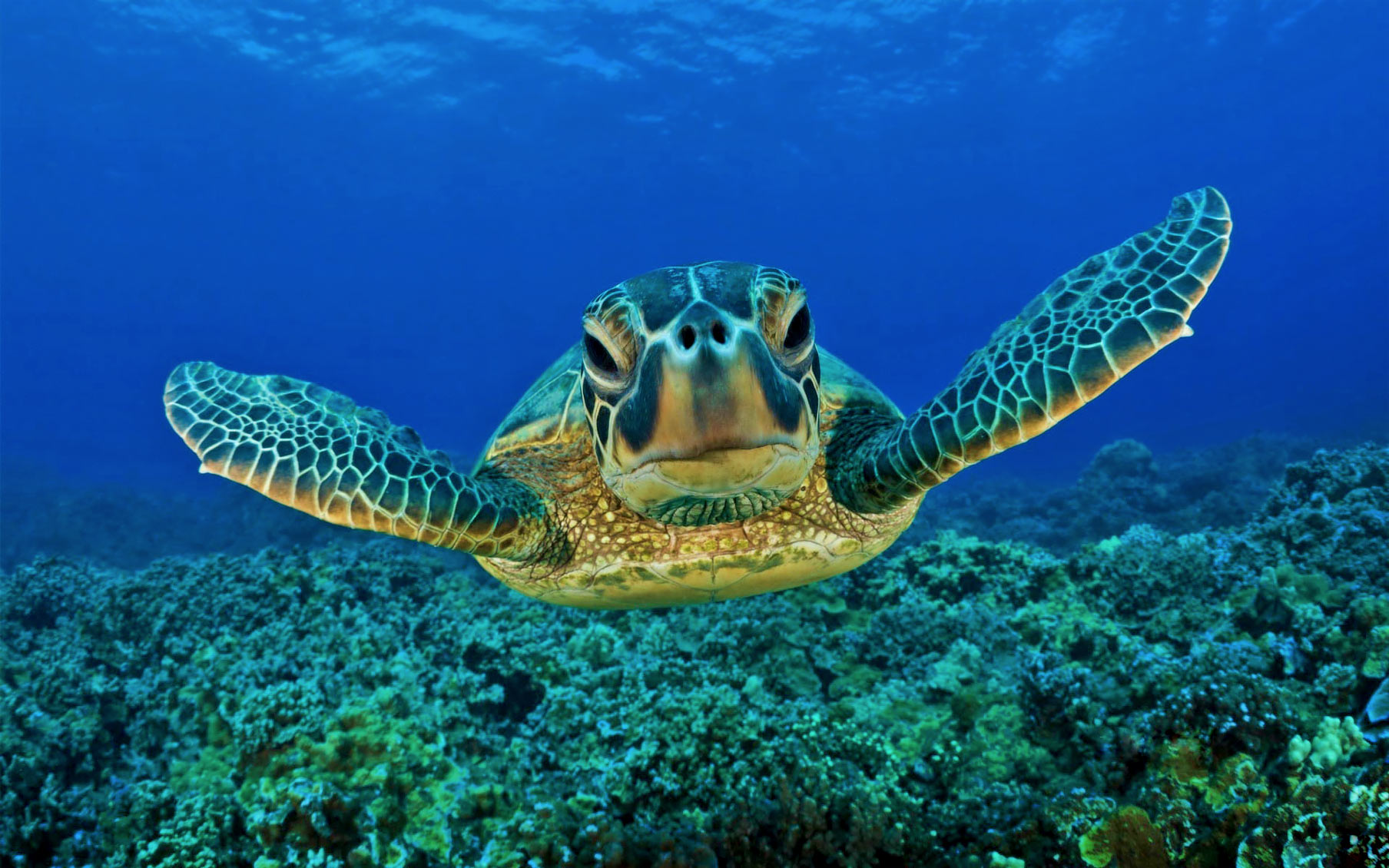KOTA KINABALU, Sept 12 ― Sabah is looking to protect another 2 per cent, or some 500,000 hectares, of its waters to conform to the United Nations’ (UN) recommendation for marine conservation.
Sabah Tourism, Environment and Culture Minister Datuk Seri Masidi Manjun said that the state was serious about protecting its natural heritage and has formed a committee to identify more areas to be turned into marine parks.
“We currently [have] about two million hectares of sea gazetted as marine park with the Tun Mustapha Park the largest in the country at some 890,000 hectares.
“We are at almost eight per cent now and we want to achieve 10 per cent as per the United Nations’ recommendation,” said Masidi, adding that he had asked his deputy minister Datuk Pang Yuk Ming to head the committee looking into it.
Among the areas identified for gazetting in the future is Mantanani island off Sabah’s west coast town of Kota Belud, which has recently seen a rise in popularity with tourists and an increase in private resorts on the island.

The island’s inhabitants of Bajaus and Iranun people have traditionally relied on fishing to earn a living, but tourist arrivals have helped to alleviate the burden of dwindling catches.
“To turn island into a park would reflect good conservation policy,” said Masidi after officiating a workshop on maritime security organised by the US embassy here.
“The goal is to have at least 10 per cent of our waters as protected zones by 2020, so we are working hard to do this by year end,” said Pang.
Among the UN’s ocean goals are to have its members conserve at least 10 per cent of coastal and marine areas, consistent with national and international law and based on the best available scientific information.
It also targets other key areas for sustainable use and conservation of the marine environment, such as reducing all kinds of marine pollution, protecting and restoring marine ecosystems, and sustainable management of fisheries to prevent overfishing, illegal or destructive fishing practices.
However, Pang, who is also chairing a committee on anti-fish bombing, said that to gazette an area where its villagers have depended on fishing as their livelihood was no easy task and they have had to come up with a holistic approach.
“Fish bombing is rampant and often done by small scale fishermen who need to feed their families. If we take away their livelihood, we have to come up with an alternative for them.
“We are planning on social partnerships and joint efforts for things like sustainable fish farming and tourism. This should give them more of an income than what they get now,” he said.
But on fish bombing, Pang said that the bigger concern was foreign vessels which come as a group and have a bigger capacity.
“There are two to three groups of these foreign-registered ships. They catch fish that are meant for processing, rather than sell fish whole. This has been going on for a while so we need authorities to help drive them away,” he said.
Source:
Malay Mail Online
Footnote:
Contact Seal Superyachts Malaysia for detailed information about cruising around Malaysia, superyacht charter regulations and about how we can support your visit.
Principle agent Shah Nizar is proud to have worked with many of the World’s largest Superyachts and has extensive knowledge of Malaysia and the surrounding area.
Shah Nizar
Phone: +60 16 378 6313
Email: malaysia@seal-superyachts.com
